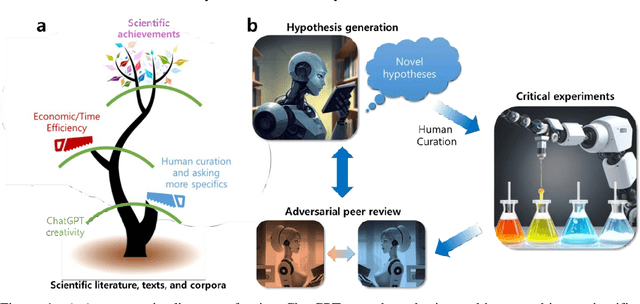Daniel Kaplan
Deep Learning Based Superconductivity: Prediction and Experimental Tests
Dec 17, 2024Abstract:The discovery of novel superconducting materials is a longstanding challenge in materials science, with a wealth of potential for applications in energy, transportation, and computing. Recent advances in artificial intelligence (AI) have enabled expediting the search for new materials by efficiently utilizing vast materials databases. In this study, we developed an approach based on deep learning (DL) to predict new superconducting materials. We have synthesized a compound derived from our DL network and confirmed its superconducting properties in agreement with our prediction. Our approach is also compared to previous work based on random forests (RFs). In particular, RFs require knowledge of the chem-ical properties of the compound, while our neural net inputs depend solely on the chemical composition. With the help of hints from our network, we discover a new ternary compound $\textrm{Mo}_{20}\textrm{Re}_{6}\textrm{Si}_{4}$, which becomes superconducting below 5.4 K. We further discuss the existing limitations and challenges associated with using AI to predict and, along with potential future research directions.
Can ChatGPT be used to generate scientific hypotheses?
Mar 30, 2023
Abstract:We investigate whether large language models can perform the creative hypothesis generation that human researchers regularly do. While the error rate is high, generative AI seems to be able to effectively structure vast amounts of scientific knowledge and provide interesting and testable hypotheses. The future scientific enterprise may include synergistic efforts with a swarm of "hypothesis machines", challenged by automated experimentation and adversarial peer reviews.
 Add to Chrome
Add to Chrome Add to Firefox
Add to Firefox Add to Edge
Add to Edge